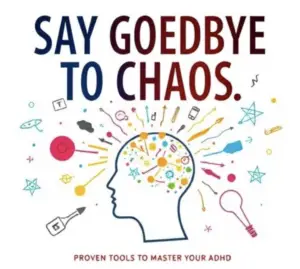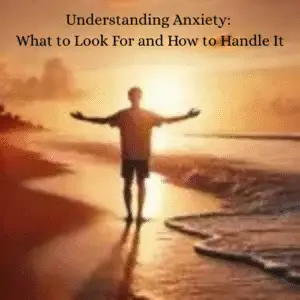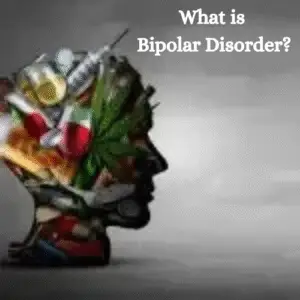Blog
Explore our mental health blog for expert tips, treatment insights, and wellness advice from licensed psychiatrists in Florida.

Mental Health Awareness: Simple Ways We Can Support Ourselves and Others
When we hear “first aid,” most of us think about a bandage, maybe some CPR, right? But mental health first aid? Now that’s something we don’t talk about nearly enough. And it’s probably just as important—if not more. You see, mental health touches every part of our lives. It affects how we think, feel, and interact with the world. Yet, so many of us either ignore it or don’t know what to do when things start to feel off.
So, let’s get real. Mental health awareness is on the rise, and that’s great. But how do we actually take care of ourselves or support the people around us? You don’t have to be a therapist to make a difference. Just knowing some basics—like how to spot when someone’s struggling or what small steps you can take—can be a real game-changer. Let’s dig into this together.

Is Vivitrol Right for You? Understanding Its Role in Addiction Recovery
Addiction is a chronic disease that affects the brain and changes the way a person feels, thinks, and behaves. It is a disease that can be difficult to overcome without treatment. However, there are treatments available that can help people struggling with addiction recover. Vivitrol is one such treatment. This article will discuss how Vivitrol works and how it can help people overcome addiction.
What is Vivitrol?
Vivitrol is a prescription medication that can help treat alcohol and drug addiction. It is a long-acting form of naltrexone, an opioid receptor antagonist that blocks the effects of drugs like heroin, morphine, and codeine.
Vivitrol can help people who are addicted to alcohol or drugs by reducing cravings and helping to prevent relapse. It is most effective when used in combination with other treatment methods, such as therapy and counseling.

This Is What Panic Disorder Looks Like And Why You Should Seek Treatment
Panic disorder is the third most commonly diagnosed anxiety disorder in the US. According to one study, this condition affects over 1 percent of Americans-2 million people and occurs twice as often in women than in men. A combination of psychotherapy and medications are typically used to manage panic disorder.
When you understand the science behind panic attacks, it can be easier to see why treatment is so important. Panic attacks are caused by a combination of factors, including genetics, environmental stressors, and brain chemistry.

What Causes Anxiety? Symptoms and Treatment Options
Anxiety is a mental health disorder characterized by feelings of worry, anxiety, or fear that are strong enough to interfere with one’s daily activities. There are different types of anxiety disorder. Causes include stress, trauma, genetics, and others. Symptoms of anxiety may include feeling irritable, restless or jittery, having muscle tension, or having trouble sleeping. The most common treatment options for anxiety disorders are therapy and medication.
Types of Anxiety
There are different types of anxiety, and each type can have different symptoms. Treatment options will vary depending on the type of anxiety you have. Here are some of the most common types of anxiety:

How Therapy can Help With Mental Health Disorders?
It’s no secret that therapy can be expensive. But what if I told you that it could be worth every penny? In this article, I’ll be discussing how therapy can help with mental health disorders and why it’s such an important tool for those struggling with their mental health.
What is therapy?
Therapy, also known as psychotherapy or counseling, is a process of discovering and understanding your thoughts, feelings, and behaviors in order to improve your mental health. It can be an incredibly effective treatment for mental health disorders, providing you with the tools you need to manage your symptoms and improve your overall well-being.

Proven Tools to Master Your ADHD:Say Goodbye to Chaos
Being an adult with ADHD can frequently feel overwhelming. The book “Taking Charge of Adult ADHD” by Dr. Russell Barkley is a ray of hope for people who are having trouble controlling their symptoms since it provides useful tools and techniques. This book focuses on how to survive in spite of ADHD rather than going into great detail on the diagnosis itself.
Several useful methods that assist in addressing the difficulties of adult ADHD head-on are at the core of the book:

Caring for Mental Health at Work: How to Support Yourself and Your Team
Supporting mental health in the workplace doesn’t require big, dramatic changes—it can be as simple as taking small steps to protect your own well-being and being mindful of those around you. Whether it’s setting boundaries for yourself, offering a listening ear to a co-worker, or advocating for mental health awareness in your company, these actions can help create a healthier, more productive environment for everyone.






